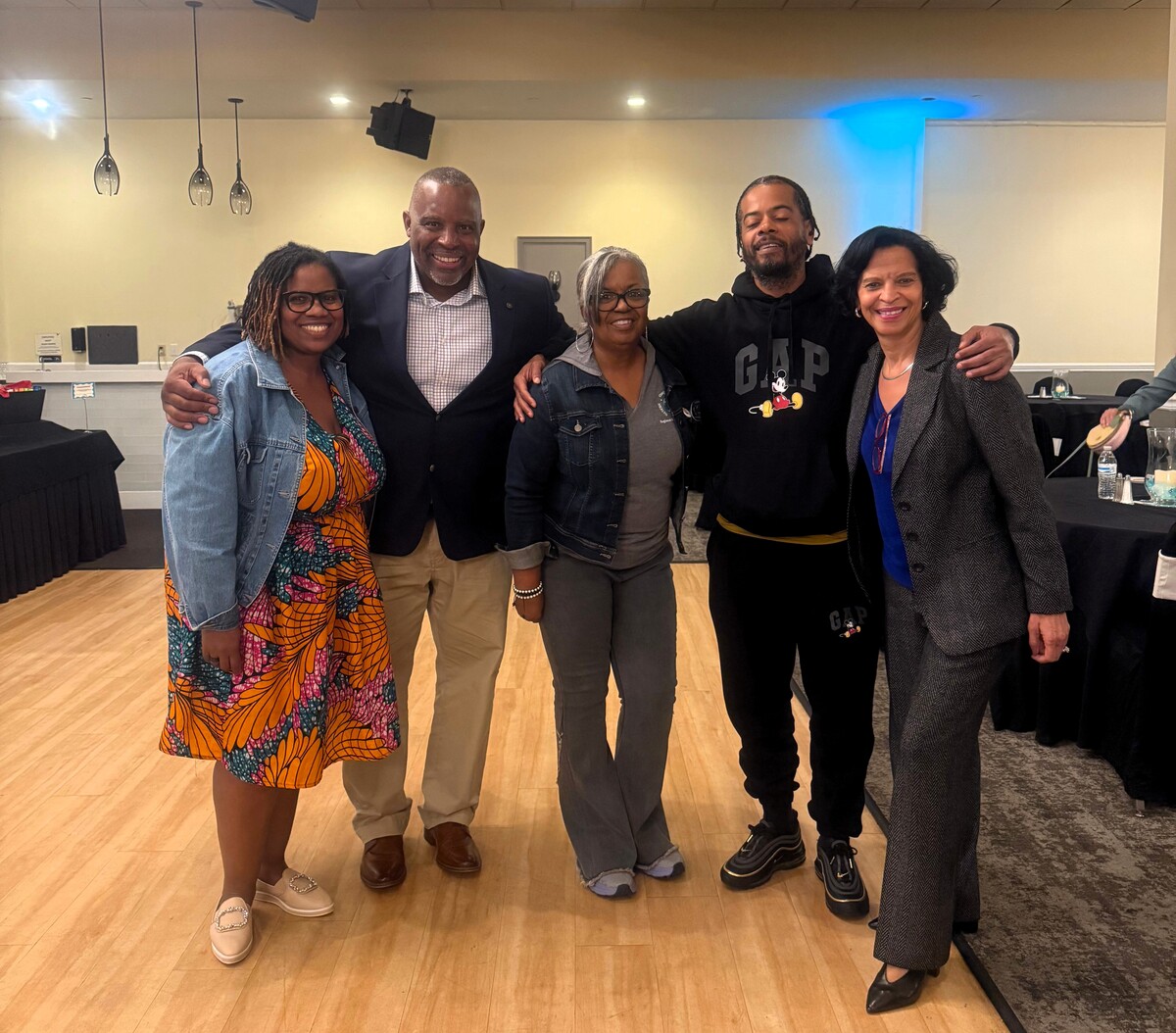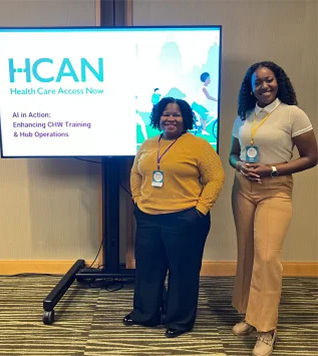
Let’s Build Healthy
Communities, Together
Our Mission
Health Care Access Now’s mission is to advocate, educate, and support individuals in our region by utilizing the expertise of Certified Community Health Workers to deliver coordinated services and resources.

What We Do

944
Clients Served

3,861
Client Visits

1,465
Social Services Referrals
HCAN by the Numbers...
2023

944
Clients Served

3,861
Client Visits

1,465
Social Services Referrals
EVENTS
NEWS
HCAN Shines on the National Stage at APHA 2025
NOV 7, 2025
Health Care Access Now (HCAN) proudly represented the agency...
Read More

Community Healthcare Workers Summit Celebrates Leadership and Growth Across Ohio
NOV 3, 2025
CINCINNATI— Health Care Access Now (HCAN) hosted a successfu...
Read More

Health Care Access Now (HCAN) Launches Redesigned Website
JUL 8, 2025
CINCINNATI— Health Care Access Now (HCAN) has launched a red...
Read More

Insights & Inspiration
Follow Health Care Access Now on Instagram. Moms and moms to be will find support, insights and inspiration.




